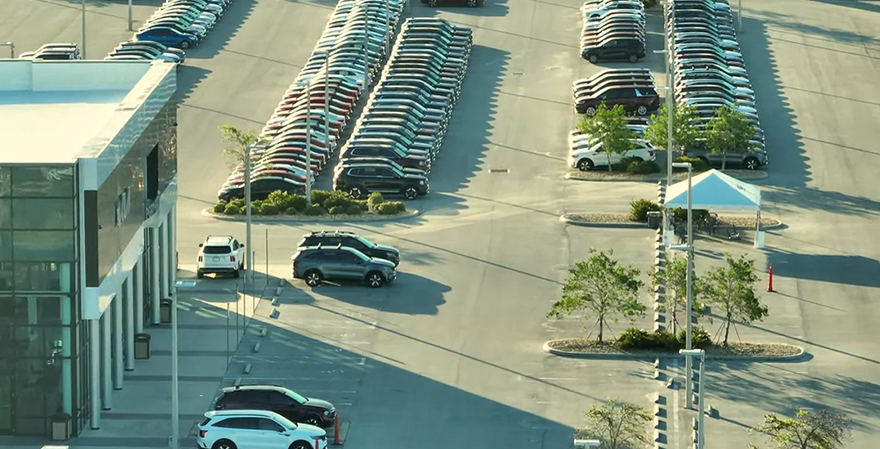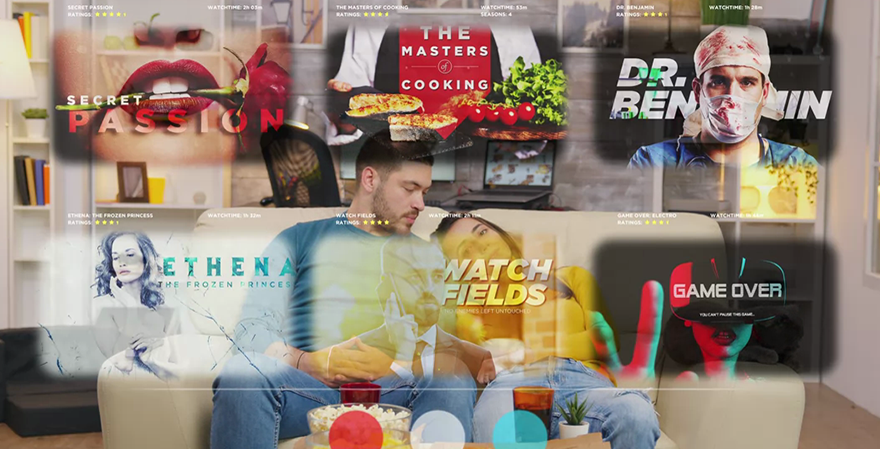Impediments to a Luxury Conglomerate: FTC Challenges $8.5 Billion Merger
 Apr/23/2024
Apr/23/2024
The U.S. Federal Trade Commission is attempting to block the $8.5 billion merger of Tapestry and Capri Holdings on the grounds that the combination of these luxury goods manufacturers could dominate the handbag market. Although European and Japanese regulators have already given the green light to the merger, the FTC insists that the deal would restrict price competition and could lower wages and benefits for the 33,000 employees involved. Furthermore, the commission’s actions took place shortly after U.S. lawmakers called for increased scrutiny of prominent acquisitions, a demand that Tapestry foresaw. By comparison, some legal analysts and business analysts are taken aback by the FTC’s decision, claiming that the U.S. luxury goods sector remains highly competitive and diverse overall. Tapestry had acquired Capri to create an American rival to the European behemoths LVMH to increase competitiveness in the global market. Nonetheless, the FTC’s decision illustrates another aspect of the competition between promoting national champions and retaining market competition. Capri has criticized the FTC’s judgment as unjust, framing the conflict over the deal in a contentious context. The charts below compare Tapestry, Inc.'s (formerly Coach, Inc.) operating income and net sales worldwide from fiscal year 2013 to 2023 (in million U.S. dollars).


















